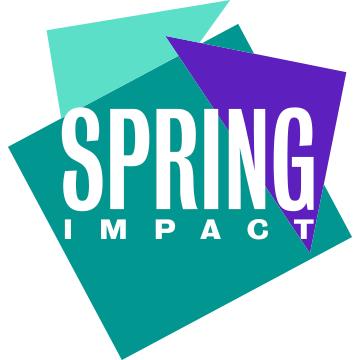What happens when a project ends?
With support from the William and Flora Hewlett Foundation Spring Impact undertook research into programs in Sub-Saharan African that had been scaled with government, including looking at what happened after the project ended.
We chose to focus on Adolescent Sexual Reproductive Health (ASRH) programs, given this is a complex area that often relies on partnership between governments and international organizations. This also built on insights from Spring Impact’s long-term partnership with Marie Stopes Zambia.
Our research examined four relevant case studies from across Sub-Saharan Africa, that had successfully scaled through the public sector. But we found that a number of years after the project and funding officially ended, impact had not been sustained.
Why do programs fail to sustain their impact?
Combining the case study insights with extensive interviews and desktop research and analysis, the report sets out a number of reasons why this was the case.
These include program costs being too high to sustain within government budgets and a lack of support for transitioning to government systems.
Rather than focusing on political changes or funding availability, which often puts the blame at government’s door, we draw on Spring Impact’s practical experience of how organizations scale up, asking how they can change the way they design, plan for and work towards government adoption, to have a better chance of sustained impact.
Martha Paren, Director of Health at Spring Impact who led the research study said:
“From our extensive work with organizations and funders around the world, we have seen that conversations about scale and sustainability must go hand in hand. But too often sustainability, particularly when working government, remains a vague aspiration, with little interrogation of what can be done to more purposefully work towards this goal. We are grateful to the support of the William and Flora Hewlett Foundation for its support of this research. We hope this study can help drive forward the conversation on the practical steps, and sometimes hard conversations, that need to be had to truly hold ourselves to account as a sector, as we work towards the goal of sustainable impact through government”

